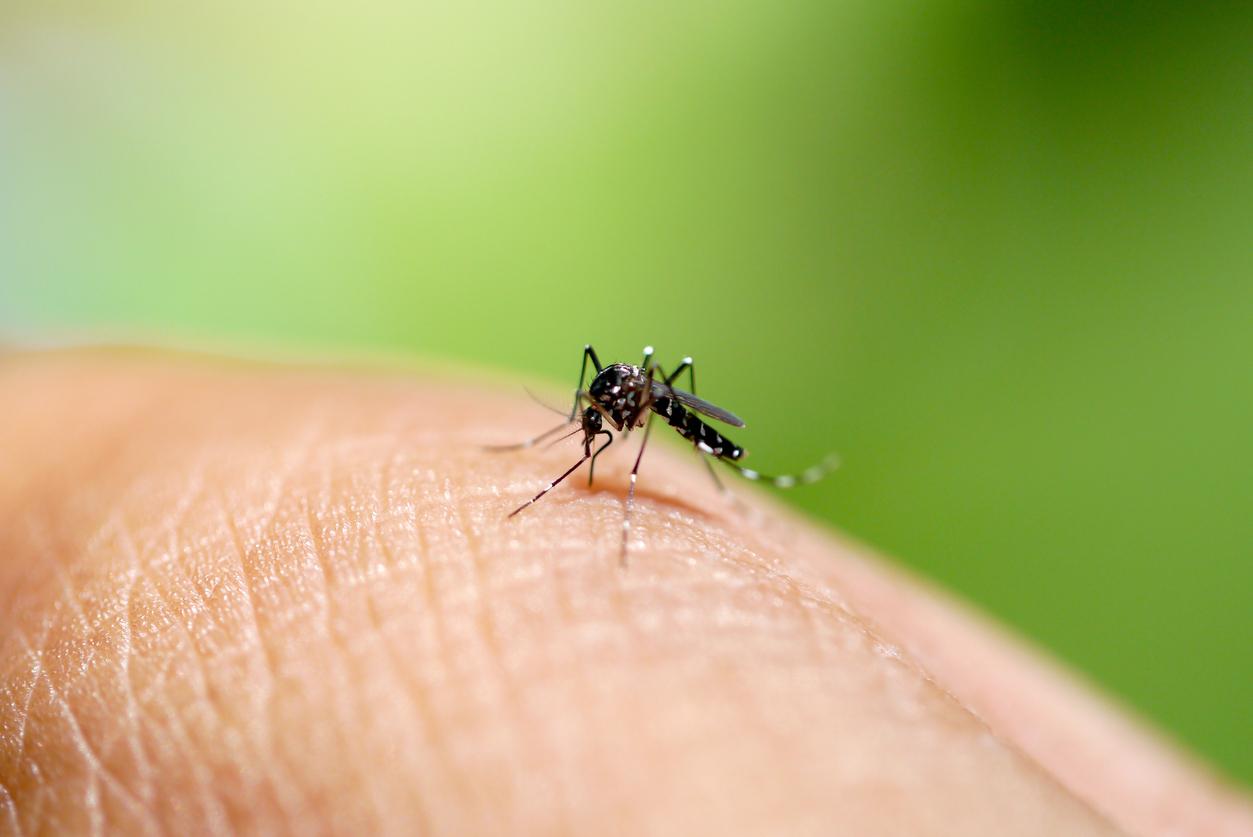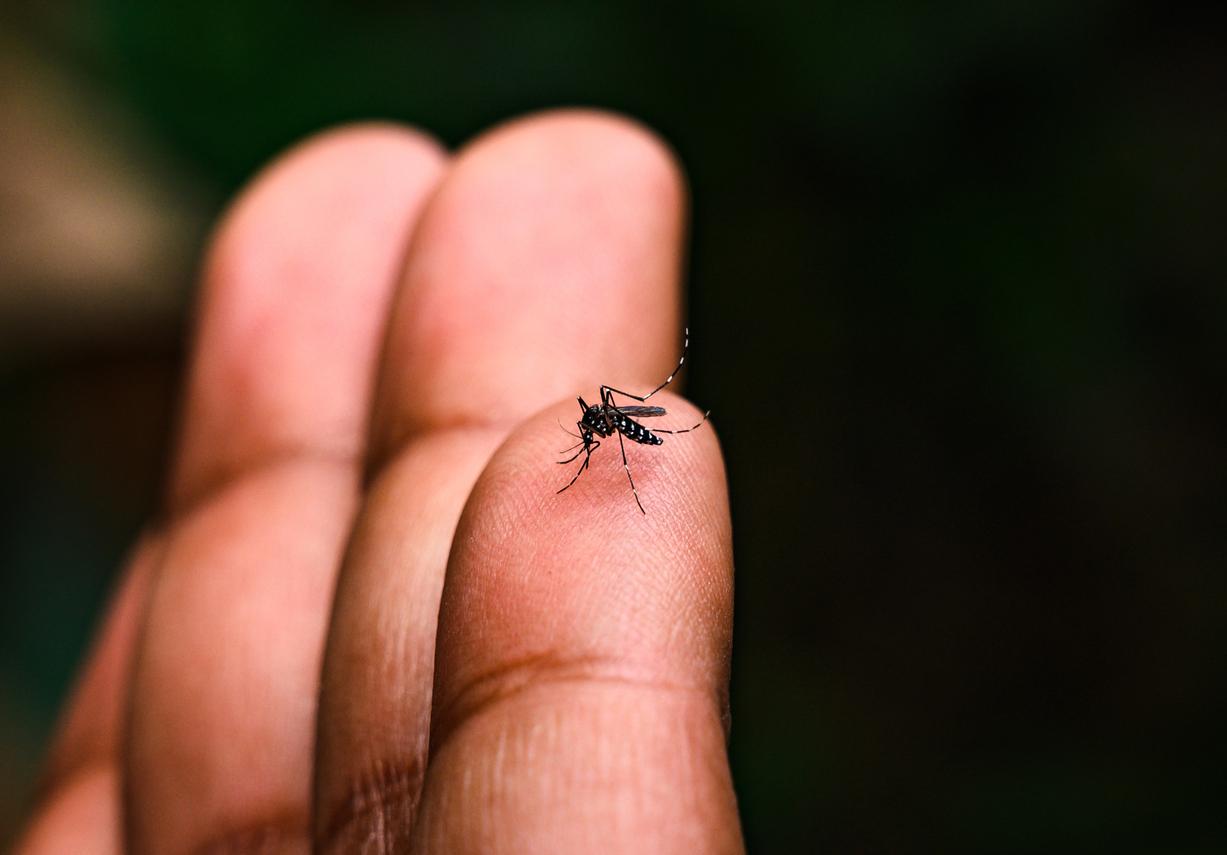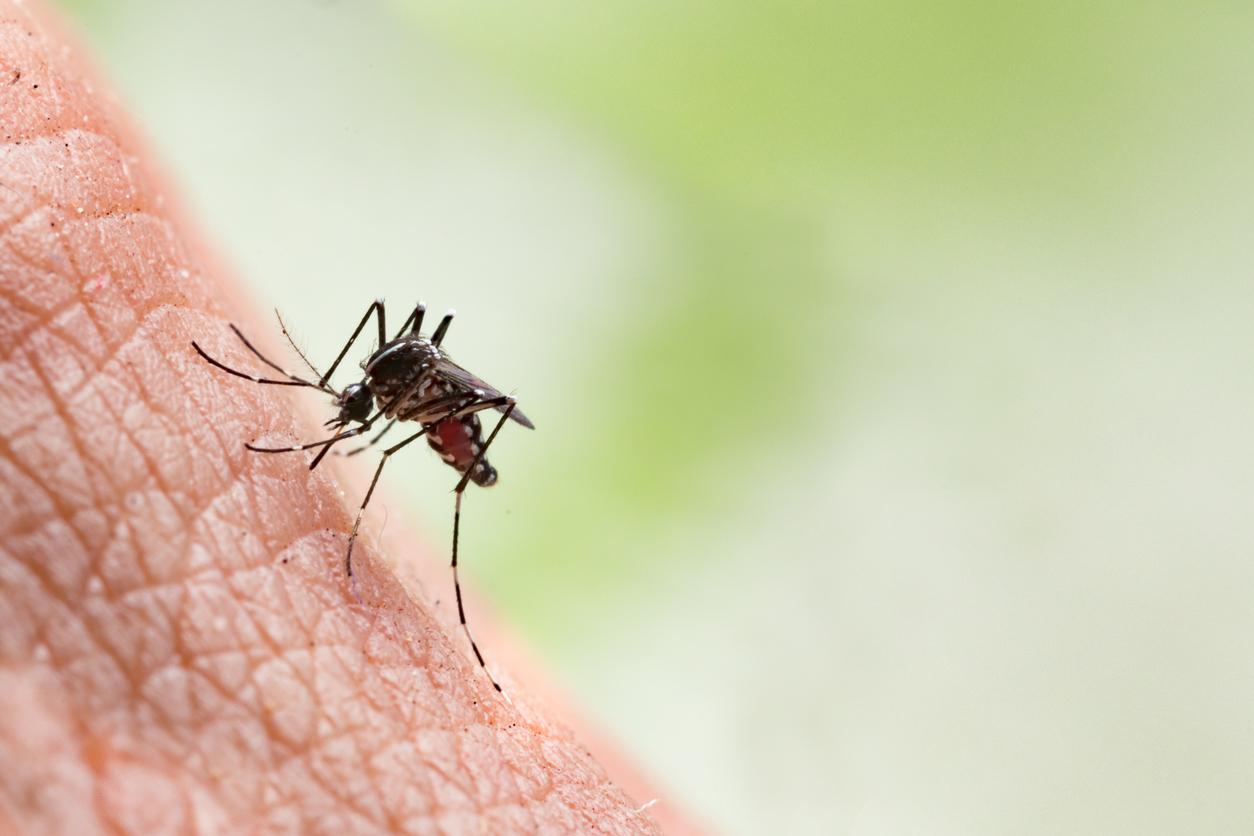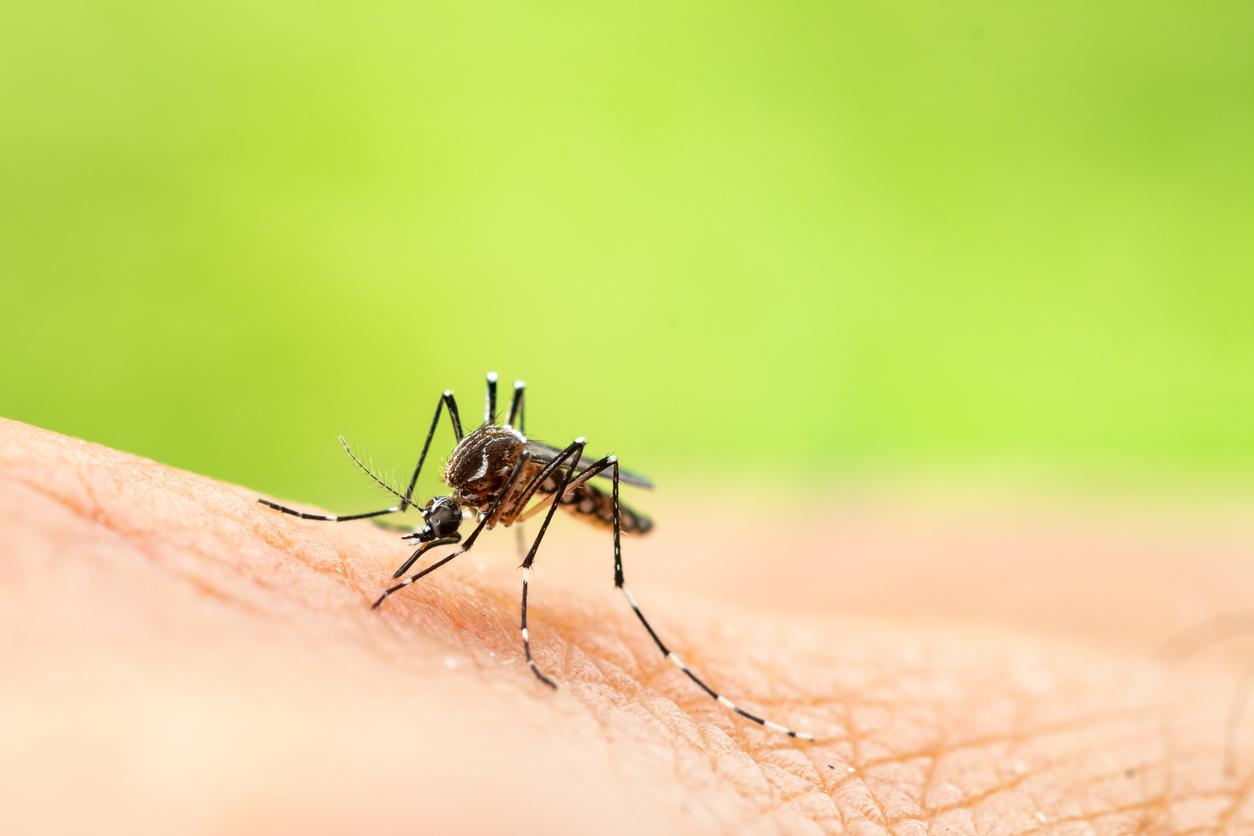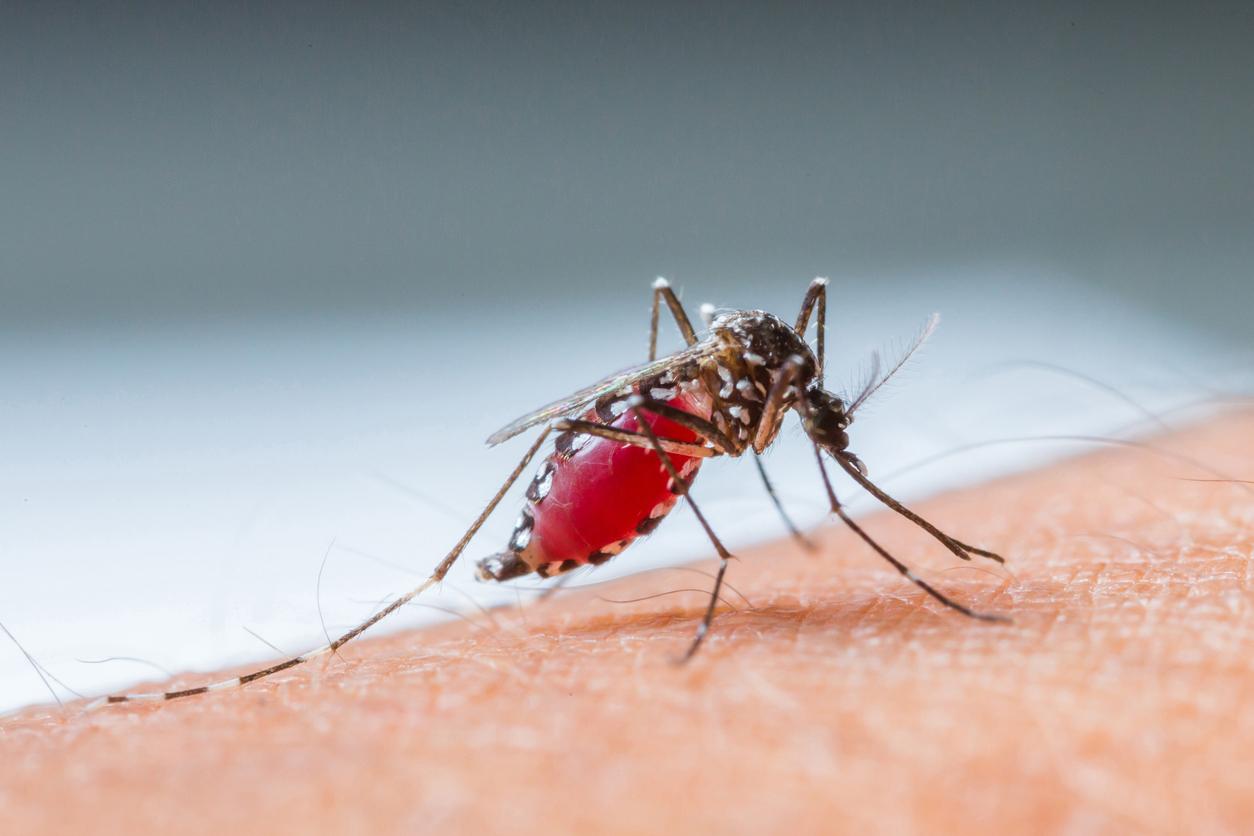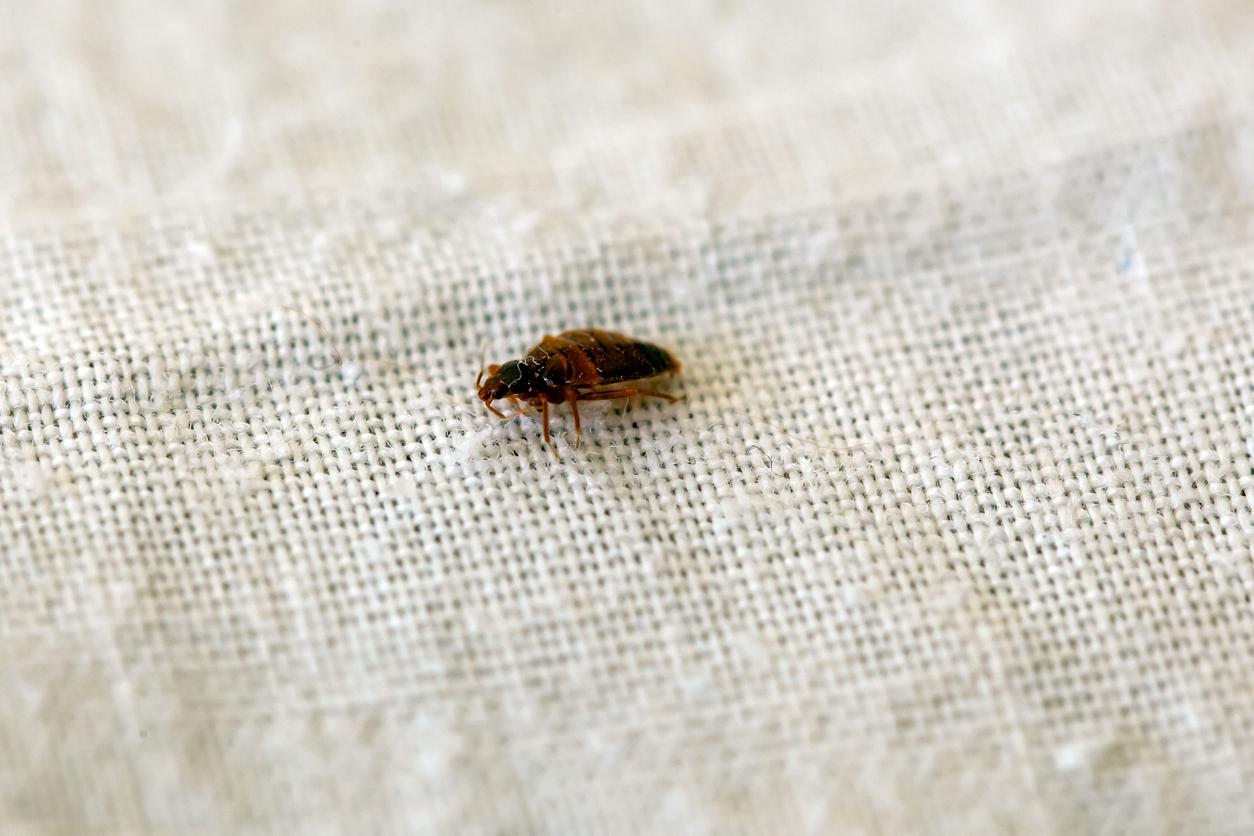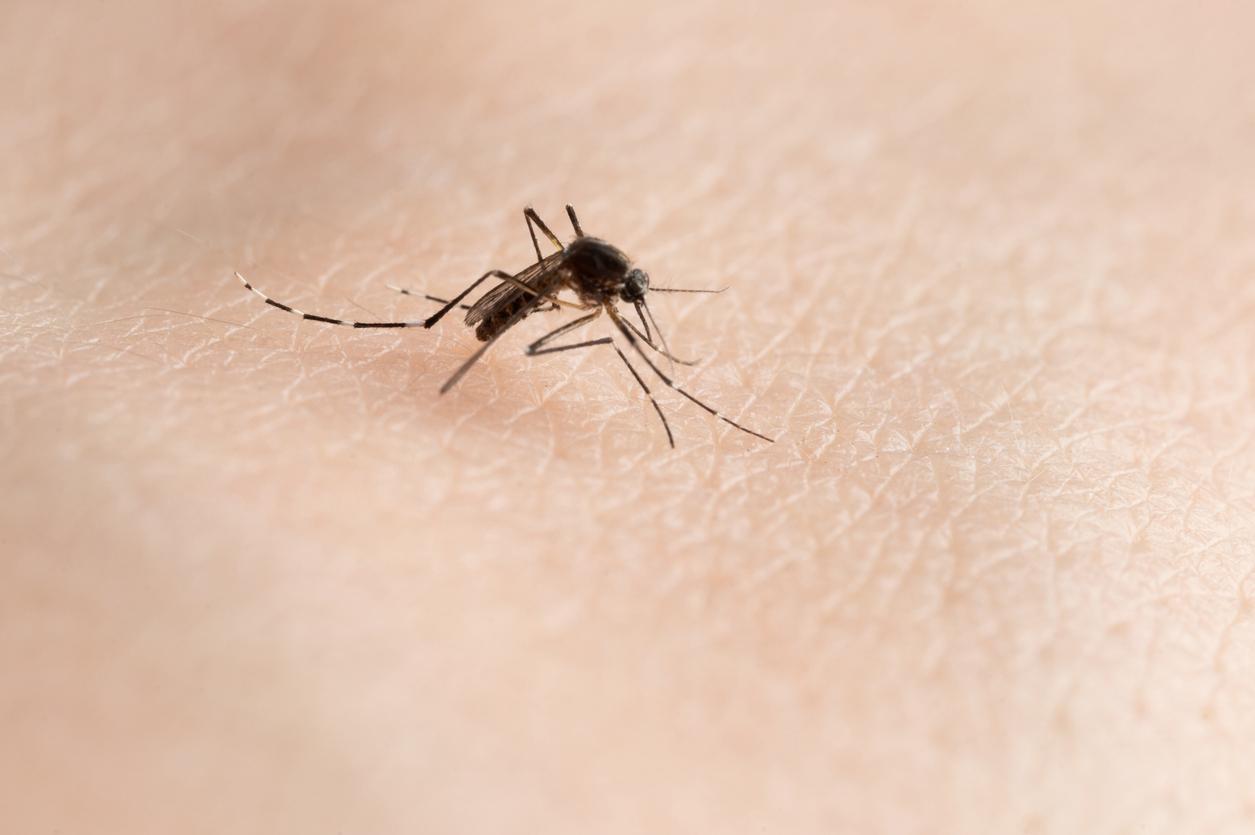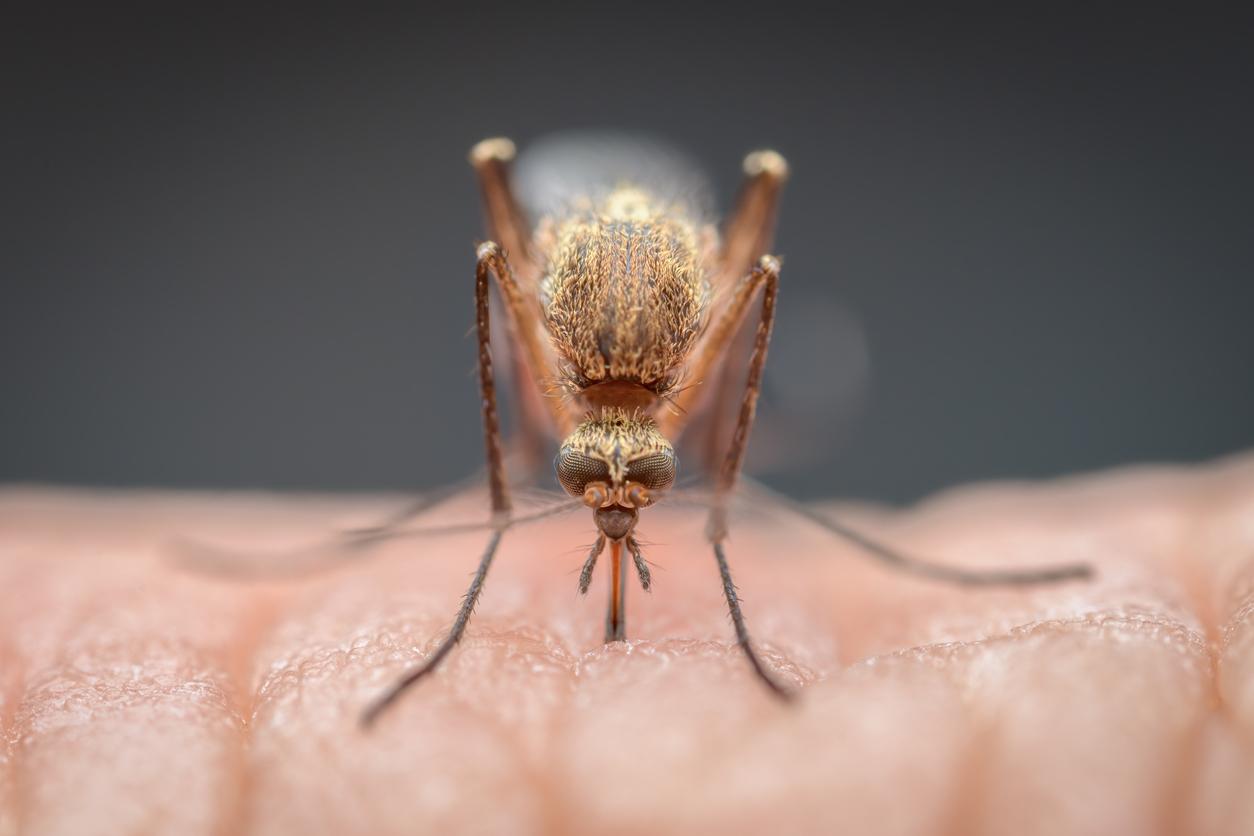The areas where mosquitoes are most aggressive towards humans are the driest and most densely populated places. This is due to their reliance on humans and human water storage for their life cycle. A process now anchored in the genes of mosquitoes and which should worsen with the urbanization of our societies.
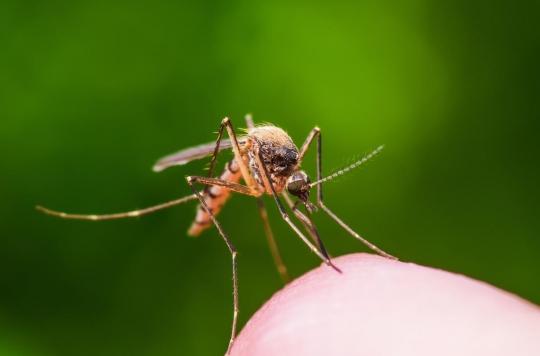
- This is the first empirical study on the question of why mosquitoes prefer to bite humans than animals in certain regions of the world.
- This behavior of mosquitoes to be attracted to humans in dense, dry areas developed over time and was ingrained in their genes.
Beautiful summer days often rhyme with mosquito bites. However, one question had not been clearly studied: why do mosquitoes prefer to bite humans rather than animals? A study, carried out by researchers from Princeton University (United States) and whose results were published on July 23 in the journal Current Biologyfound the reason and pointed to two environmental factors: drought and population density.
First empirical study
To understand the behavior of mosquitoes, the researchers looked at mosquitoes Aedes aegypti, which are the main vectors for the spread of dengue fever, Zika, yellow fever and the Chikungunya virus. “Mosquitoes Aedes aegypti are invasive in all tropical regions of the world, where a strong preference for human hosts and habitats makes them important disease vectorsCarolyn McBride, researcher at Princeton University and author of the study. We found that in their native range of sub-Saharan Africa, they show extremely variable attraction to human hosts, ranging from a strong preference for humans to a strong preference for animals..”
By studying the behavior of these mosquitoes, the researchers observed that it is the places where the dry seasons are intense that are the areas where they mainly bite humans. “We believe this is because mosquitoes in these climates are particularly dependent on humans and human water storage for their life cycle.”, advances the researcher. The researchers are the first to empirically investigate the question of why this species evolved to selectively bite humans. For this they used special traps to collect the mosquito Aedes aegypti from 27 different locations across sub-Saharan Africa. Back in the lab, they tested each of these mosquito populations’ preferences for the smell of people versus other animals.
Dense areas
The researchers’ first conclusion is that mosquitoes living in dense urban cities are more attracted to humans than those in more rural or wilderness areas. The researchers note that this only applies to particularly dense modern cities and that it does not constitute the origin of the appetite of these mosquitoes for humans. Mosquitoes aegypti have evolved to specialize in stinging humans. “I was surprised that the immediate habitat didn’t have much of an effectthe researcher wondered. Mosquitoes in nearby forests and towns behave similarly. We thought maybe moving through human landscapes would be a key pull factor for human hosts. But it seems that mosquitoes fly too easily between these habitats for their behavior to diverge in many cases..”
Their second finding is that mosquitoes living in places with longer, hotter dry seasons showed a strong preference for a human scent over an animal scent. “When we took a more regional view of things, we saw that regions with dense human populations had mosquitoes with greater attraction to human hosts, but it didn’t depend on the precise habitat we collected them. in each regionobserved Carolyn McBride. I was also surprised that climate was more important than urbanization in explaining current behavioral variations. Many mosquitoes living in fairly dense cities do not particularly prefer to bite human hosts.”
An appetite rooted in the genes
The researchers show that many genes concentrated in a few key parts of the genome drove this evolutionary change in mosquito bite preferences. Climate change is not expected to lead to major changes in the dynamics of the dry season. Additionally, rapid urbanization could push more mosquitoes to bite humans in many cities in sub-Saharan Africa over the next 30 years. Researchers now want to understand why mosquitoes specialize first on certain hosts, which specific genes and which genetic changes are most important.
.







